Verses of Bharthruhari
Bahrthruhari, a great Sanskrit poet, had renounced his kingdom and moved over to the forest. It was in the forest that he composed three hundred verses in Sanskrit, and they are known as ‘Śataka Traya’. The reader must remember that these verses were born out of the experiences of the King Bharthruhari. He composed the ‘Nīti Śatakaṁ’ first and it contained centum versus on righteousness. His past experiences had distracted him, and thus he had composed the ‘Ṣṛngara Śatakaṁ,’ the centum verses of love. The ‘Ṣṛngara Śatakaṁ’ was a masterpiece and the poet had portrayed the Ṣṛngara very well.
Manmatha, the Hindu God of Love has an impact on all creatures, and he is the potent motivating force who preserves life on earth. The author has paid a tribute to the God of Love whose pleasant influence on life is not inconsiderable. Thereafter, Bharthruhari composes the centum verses on renunciation which is known as ‘Vairargya Śatakaṁ’. Reading these 300 verses makes the reader understand that Bharthruhari’s attempts to renounce the worldly life. Although his initial attempts are a failure where he is lured back by temptation, he succeeded during his later life.
The verses presented here are form ‘Ṣṛngara Śatakaṁ’ and they give us a very good glimpse of Bharthruhari’s thought process. These verses are sure to make the butter into ghee, meaning, it will help our soul to move from ephemeral thoughts to thoughts that will endow us with everlasting wisdom.
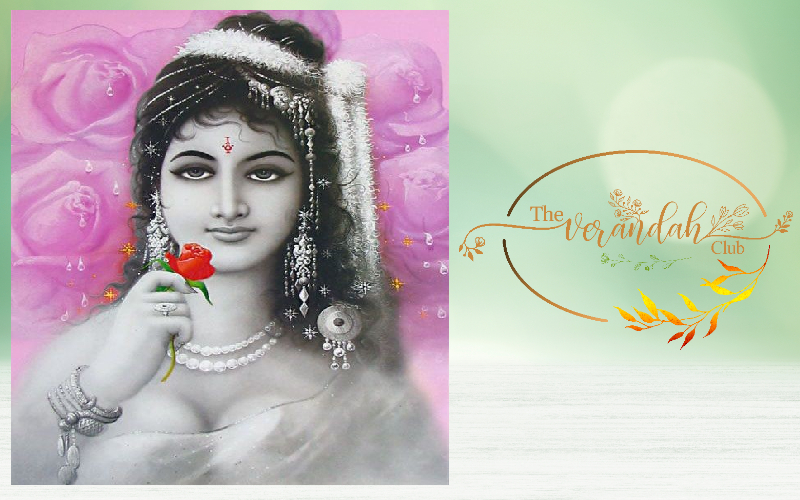
1. Draṣṭavyeṣu Kimuttaṁ? Mṛgadṛśaḥ Premaprasannaṁ Mukhaṁ,
Ghrātavyeṣvapi Kiṁ? Tadāsyapavanaḥ, Śravyeṣu Kiṁ? Tadvacaḥ;
Kiṁ Svadyeṣu? Tadoṣṭapallavarasaḥ, Spṛśyeṣu Kiṁ?
Tadvapurdhyeyaṁ Kiṁ Navayauvane Sahṛdayaiḥ Sarvatra
Tadvibhramāḥ.
Meaning:
A thing of beauty is joy forever, but which beats all?
The happy face of a fawn-eyed lass at Cupid’s loud call?
The scent of her breath? To hear her voice soft & sweet?
Her delicate frame to feel? Taste the buddy lips as treat?
To lose one’s thoughts on the passionate moments of joy
Or her ever green youth, which holds the mind in a ploy?
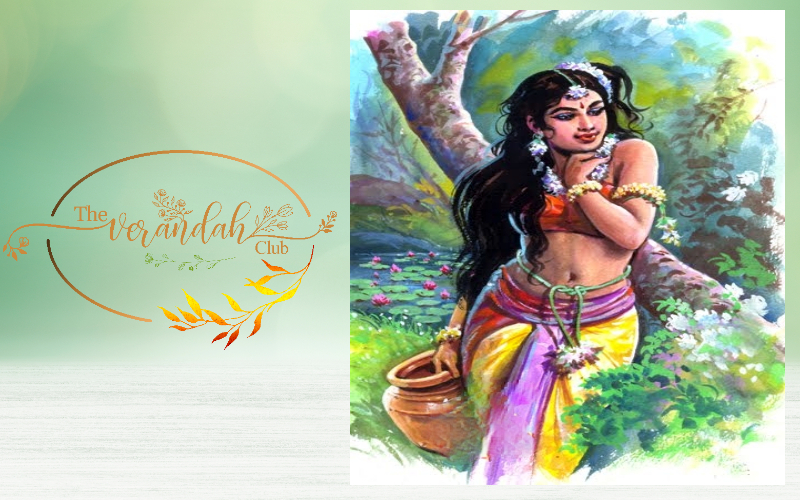
2. Etāścaladvalayasaṁhatimekhalottha-
jhaṅkāranūpuraparājitarājahaṁsyaḥ;
Kurvanti Kasya Na Mano Vivaśaṁ Taruṇyo,
Vitrastamugdhahariṇī Sadṛśaiḥ Katākṣaiḥ.
Meaning:
As she saunters, the bangles, the anklets, the girdle bells,
The ringing jingling sound, make song sublime and tells
The swans around that their twittering music is naught.
And her gazillion glances can leave anyone distraught!
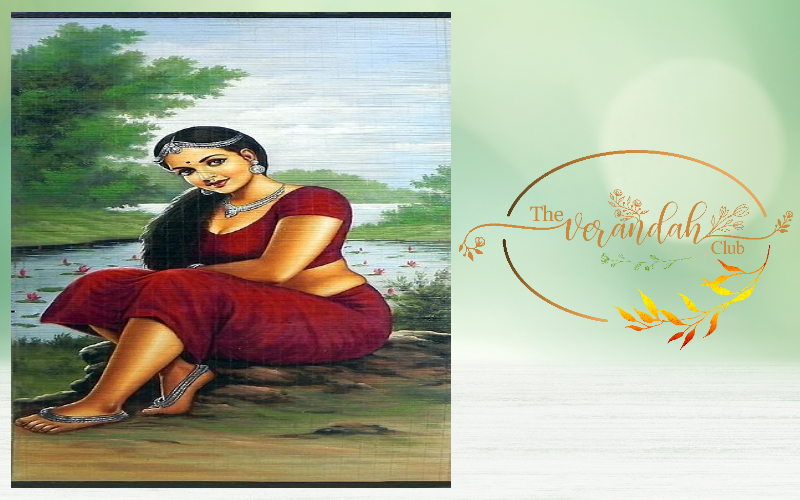
3. Kuṅkumapaṅkakalaṅkitadehā Gaurapayodharakampitahārā,
Nūpurahaṁsaraṇatpatapadmā Kaṁ Na Vaśīkurute Bhuvi Rāmā.
Meaning:
Her body, with marks of sandal and saffron and her lovely
Neck that bears a pearly necklace vibrating ever so feebly
Over her breasts and the tinkling anklets on her lotus feet
Sounds like paddling swans. Verily a splendid visual treat!
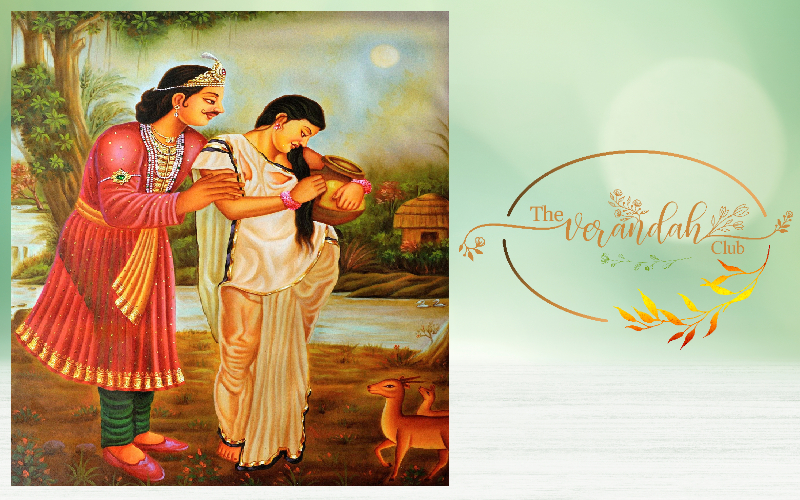
4. Nūna Hi Te Kavivarā Viparītavāco,
Ye Nityamāhurabalā Iti Kāminīstāḥ;
Yābhirvilolataratārakadṛṣṭpātaiḥ,
Śākṛādayopi Vijitāstvabalāḥ Kathaṁ Tāḥ.
Meaning:
How can the poets call women weak? I can’t believe it,
Doubtless, the poets are erring, and I can’t at all bear it.
Did they not conquer the heart of Indra, the king of gods?
How can they be weak? Is this not a remiss of the bards?
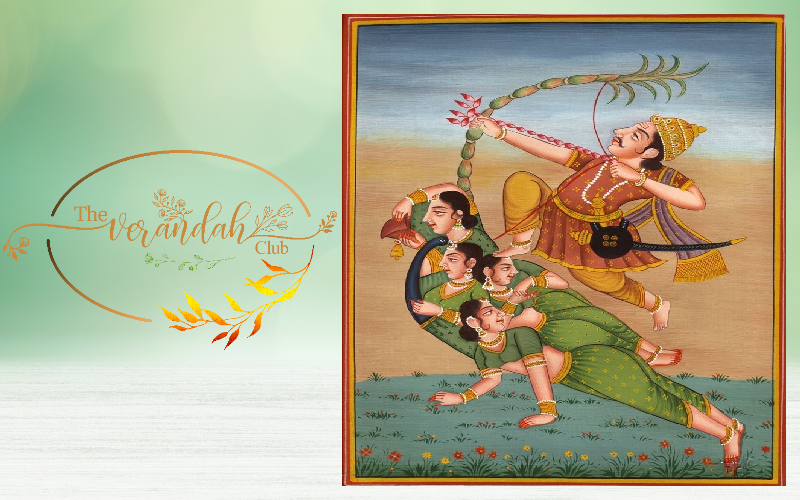
5. Nūnamājñākarastayāḥ Subhruvo Makaradhvajaḥ,
Yatastannetrasañcārasūciteṣu Pravartate.
Meaning:
God of love! Truly, thou art serving womenfolk well!
Those women, who have winsome brows, you marvel,
Dear O’ dear, it is not hard to perceive your readiness,
To act on their visual cue and betray your friendliness!
(Extracts from 'Honey Drops - Centum Verses on Love' by Sridharan Kidambi)

Sridharan Kidambi, born in 1938 at Chittoor (Now in Andhra Pradesh), took his M. A. Degree in Economics from Vivekananda College in 1962. He was a research scholar of the Madras University for two years. He is interested in a wide range of subjects like astronomy, poetry, comparative religion, philosophy, classical music, lyrics etc. Besides Tamil, his mother tongue and English, the academic language, he is familiar with Telugu, Sanskrit, and Russian.
NEXT ARTICLE